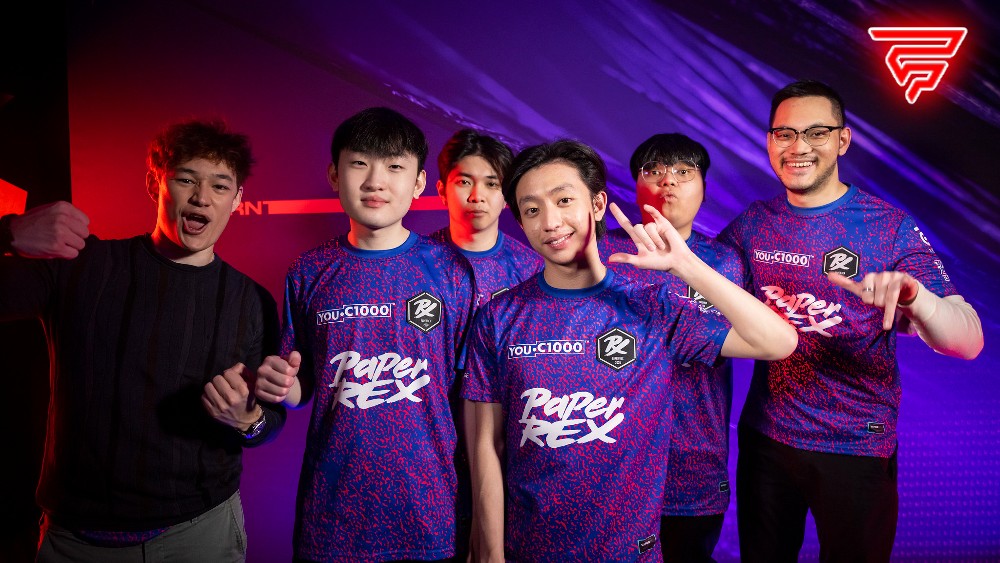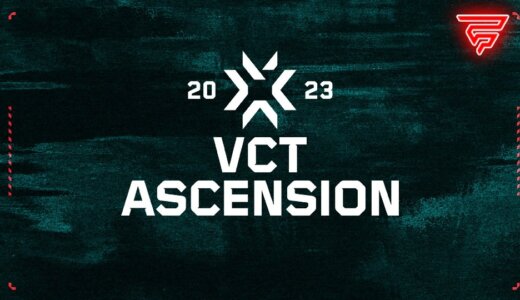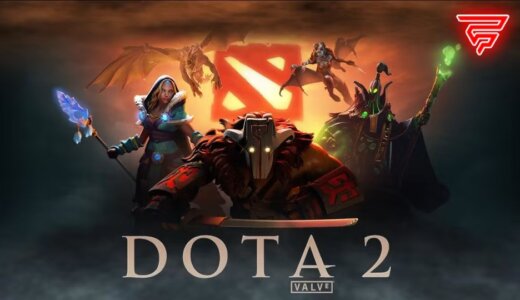Changing the format for professional Valorant competition through franchising is a huge business opportunity for Riot, but it could bring some unforeseen circumstances.
How does franchising work?
After the completion of this year’s competitive season with Valorant Champions in Istanbul, Riot will be moving forward with the franchising format. This means that a team needs to fill certain criteria to be eligible and then pay a large amount of money for a permanent spot in the competition. Up until now, the Valorant Championship series has been filled with regional tournaments whose winners advance to international tournaments, collecting championship points along the way en route to Valorant Champions, the biggest international Valorant event of the year. Franchising transforms these regional tournaments into seasonal leagues, thus giving participants a lot more fiscal security.

The Guard’s 2022 results leading up to NA LCQ Grand Final Credit: Liquipedia
Why is franchising good?
Currently, if a team has an early tournament exit, the organization has a lowered return on investment. Instead of teams losing money, franchising would come at a high upfront cost, but with a reliable continued income. But this financial stability takes away the opportunities for cinderella runs, like the one The Guard currently has through NA LCQ.
Why is franchising bad?
They finished tied for 9th in the regular NA Stage 2 competition, but are playing 100 Thieves tonight in the grand final of NA LCQ. If they win, they will be the third NA representative at Valorant Champions in Istanbul. Also, franchising greatly affects the tier 2 scene. Since there are no relegations, a new up-and-coming team can’t rise through the development leagues and reach the highest level unless the entire organization is bought out by a tier 1 team. Franchising killed the Overwatch Tier 2 scene and discouraged a lot of young players from even trying to play competitively.

DRX will most likely be Korea’s representative Credit: Riot Games
Valorant Asia franchising
Despite Europe and North America both enjoying moderate success during the early stages of Valorant, Asia is and will be Valorant’s biggest market. The Western audience has always been more saturated with competition, while the Eastern audience has always excelled in numbers. Simply there are a lot more people in Asia that already are a target audience for Riot through League of Legends.
Problems with franchising big regions
The problem is creating a 10-team Valorant league that gives every region enough teams so the biggest amount of viewers bothers to tune in to matches. Even if the Asian Valorant league is made up of 12 teams, that also means that Chinese and Indian teams must be included, that currently aren’t. EDG just qualified as the first Chinese team at Valorant Champions, and given the Chinese population’s love for League of Legends and their teams’s success over the past few years, it would be understandable why they would want a large role in Valorant as well.
Thank everyone who support us. We will keep up the good work in #VALORANTChampions. Let's go EDG!#EDGWIN pic.twitter.com/xRZ3l4bxFg
— Edward Gaming (@EDG_Edward) August 14, 2022
Korea and Japan are currently the smallest regions based on player bases in Asia, and yet they are due to have at least two teams representing them. South East Asia is composed of several countries, whose fans all argue that they should have at least one team. There is a need for at least four APAC teams to represent Indonesia, Thailand, the Philippines, and Malaysia(Singapore). These are some of the biggest gaming markets in the world, and yet Riot is supposed to limit them to one team per country in the best-case scenario. This would also be devastating for the tier 2 scene in those countries since everyone would be fighting for five roster spots.

KRU Esports will be in fierce competition in LATAM franchising Credit: Riot Games
Valorant franchising in Asia can’t be done in the same way it could be done in Europe since Europe is a lot more compact and there is an already existing infrastructure of competition. A similar issue will arise in the Americas as well since Brazil and the rest of Latin America support a huge player base that will demand more than three teams from their region.
Header: Riot Games







